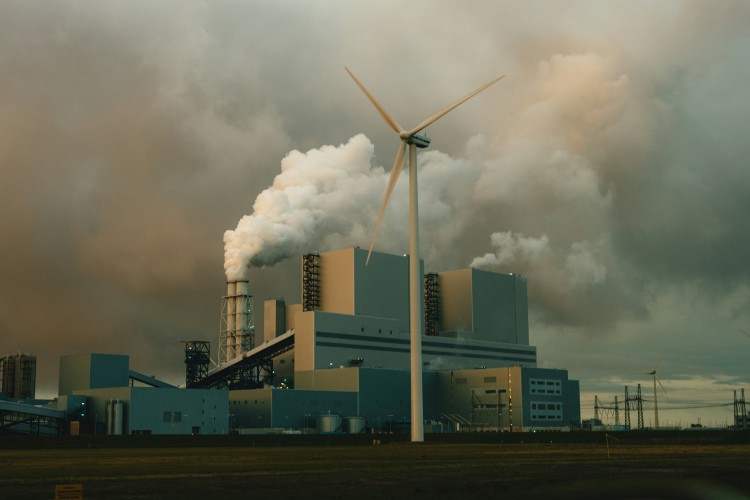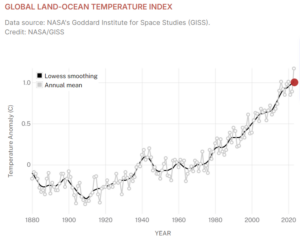
Climate change is not just about rising temperatures and more extreme weather events; it is also affecting the fundamental dynamics of our planet. A recent study published in the Proceedings of the National Academy of Sciences reveals that the melting of polar ice caps in Greenland and Antarctica is causing Earth to spin more slowly, increasing the length of days at an unprecedented rate.
Climate change, driven primarily by human activities such as burning fossil fuels, deforestation, and industrial processes, is leading to an array of unprecedented environmental shifts. These changes include rising global temperatures, more frequent and severe weather events, and significant alterations in ecosystems. The repercussions are far-reaching, affecting biodiversity, human health, and global economies. As the planet warms, ice caps and glaciers are melting at an accelerated rate, contributing to sea-level rise and disrupting natural systems that have been stable for millennia.
READ I Future of cryptocurrency: US surge and India’s struggle
The science behind it
As polar ice melts, the water flows into the oceans, particularly concentrating around the equator. This redistribution of mass impacts Earth’s rotation. Think of a figure skater who spins faster when pulling their arms in and slows down when extending them. Similarly, as mass moves away from Earth’s axis due to melting ice, our planet’s rotation decelerates. This phenomenon is altering the length of a day by adding milliseconds to the standard 24-hour period.
The study utilised advanced observational techniques like Very Long Baseline Interferometry (VLBI) and the Global Positioning System (GPS) to measure these minute changes with incredible precision. VLBI helps scientists measure the time difference in receiving radio signals from space at various Earth points, inferring variations in Earth’s orientation and day length. GPS further refines this measurement to about one-hundredth of a millisecond. Historical records of ancient eclipses also provide context for these changes over millennia.

Traditionally, the moon’s gravitational pull has been the primary factor slowing Earth’s rotation through a process called tidal friction. This interaction, which causes the Earth’s oceans to bulge and creates tides, adds approximately 2.3 milliseconds to each day per century. Over millions of years, this has led to longer days and the moon gradually moving farther from Earth.
However, the new study indicates that human-induced climate change is now a more significant factor. If high emissions continue, the warming climate will surpass the moon’s influence by the end of the 21st century. Since 1900, climate change has already added about 0.8 milliseconds to the length of a day. Under worst-case emission scenarios, this could reach 2.2 milliseconds by 2100.
Climate Change and timekeeping
Even seemingly negligible changes in day length can have substantial implications. Global timekeeping systems, digital infrastructure, and GPS satellites depend on precise measurements of Earth’s rotation. A few milliseconds’ deviation can lead to significant errors in navigation and communication with spacecraft, affecting missions like those involving the Voyager probes.
The melting of polar ice and the resulting sea-level rise are not isolated phenomena. They are part of a broader, more complex interaction of Earth’s natural systems. The redistribution of mass from the poles to the equator is increasing Earth’s oblateness (its slight bulge around the equator), which further influences rotational dynamics.
This research underscores the profound impact of human activities on our planet. We are not only altering the climate but also affecting fundamental aspects of Earth’s physical properties. As Surendra Adhikari from NASA’s Jet Propulsion Laboratory and Benedikt Soja from ETH Zurich highlight, our actions carry significant responsibility for the future of our planet.
Addressing climate change requires urgent and sustained efforts. Reducing greenhouse gas emissions and implementing sustainable practices are crucial steps. Understanding the far-reaching consequences of our actions, from longer days to changes in Earth’s spin, should galvanise global cooperation and commitment to preserving our planet’s delicate balance.
The melting of polar ice caps is not just an environmental issue but a planetary one, affecting Earth’s rotation and the length of our days. This emerging knowledge challenges us to consider the broader implications of our actions and the critical need for climate action.
